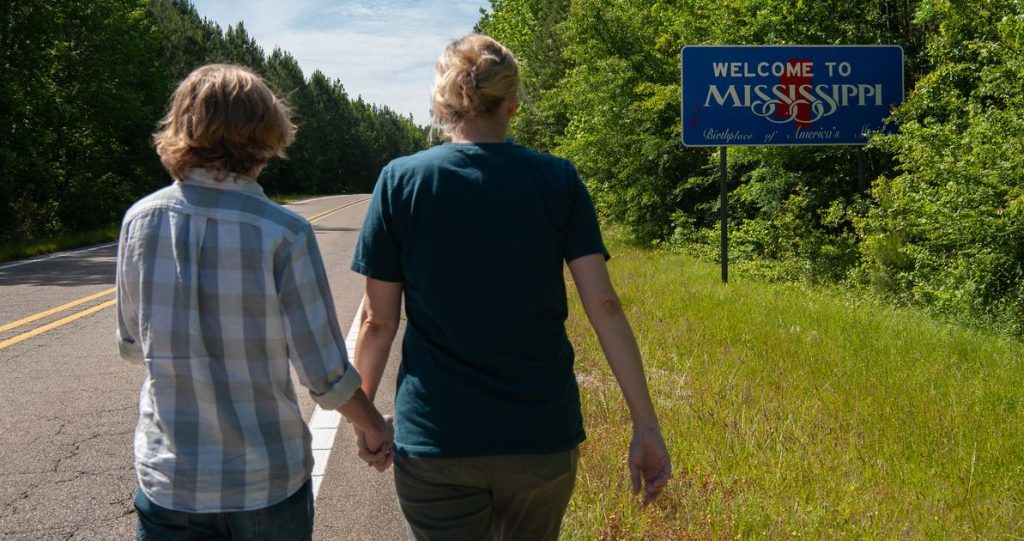The Campaign for Southern Equality recently released a report detailing the increased difficulties faced by families of transgender youth in the South when seeking gender-affirming care. The report notes that since 2021, two dozen states, primarily in the South, have passed bans on gender-affirming care, forcing families to travel long distances and spend significant amounts of money to access care for their children. Travel times to clinics offering gender-affirming care have more than doubled since the bans were passed, leaving an estimated 105,000 transgender youth without access to vital medical treatment deemed necessary by major medical associations.
The report highlights the challenges faced by families in accessing care, with examples such as the 1,204-mile round trip families in Houston, Texas must make to seek care at a clinic, taking about 18.5 hours. Families in Nashville now have to travel 416 miles and 6.4 hours to reach a clinic that can provide care to their children. Researchers used the Campaign for Southern Equality’s database on gender-affirming care providers to conduct a geospatial analysis and find driving times to out-of-state clinics in states like New Mexico, Colorado, Kansas, Illinois, Michigan, Indiana, and Pennsylvania where care is still accessible. Families often have to weigh the costs of travel, including gas, hotels, meals, and flights, which can add up to substantial amounts and may require them to take time off work and find child care.
Transgender youth and their families also face a hostile environment created by Republican officials in many Southern states. State attorneys general in Tennessee and Texas have targeted the private medical records of transgender patients, legislation has been passed restricting transgender youths’ participation in school sports, bathroom use, and erasing transgender identity in the law entirely. Families often have to scramble to find new care options when laws change in the state they were seeking care, adding to the already substantial burdens they face in accessing necessary medical treatment for their children. Routine follow-up appointments for gender-affirming care mean that families may have to make multiple trips each year, further increasing travel costs.
Some families may need to travel to other states where they have friends or relatives, or may opt for telemedicine to access care. Providers like Dr. Izzy Lowell are working to get licensed in all 50 states to meet the increasing demand for gender-affirming care from patients who cannot travel. Families face additional stress and anxiety when they have to navigate potentially hostile environments while seeking care for their children, with one parent noting the humiliating and scary experience of traveling to a more conservative state for their child’s care. The added travel expenses, potential for discrimination, and need for routine follow-up appointments make accessing gender-affirming care a significant challenge for many families in the South.


